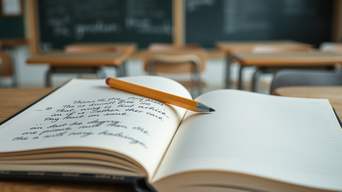What’s in my purse?
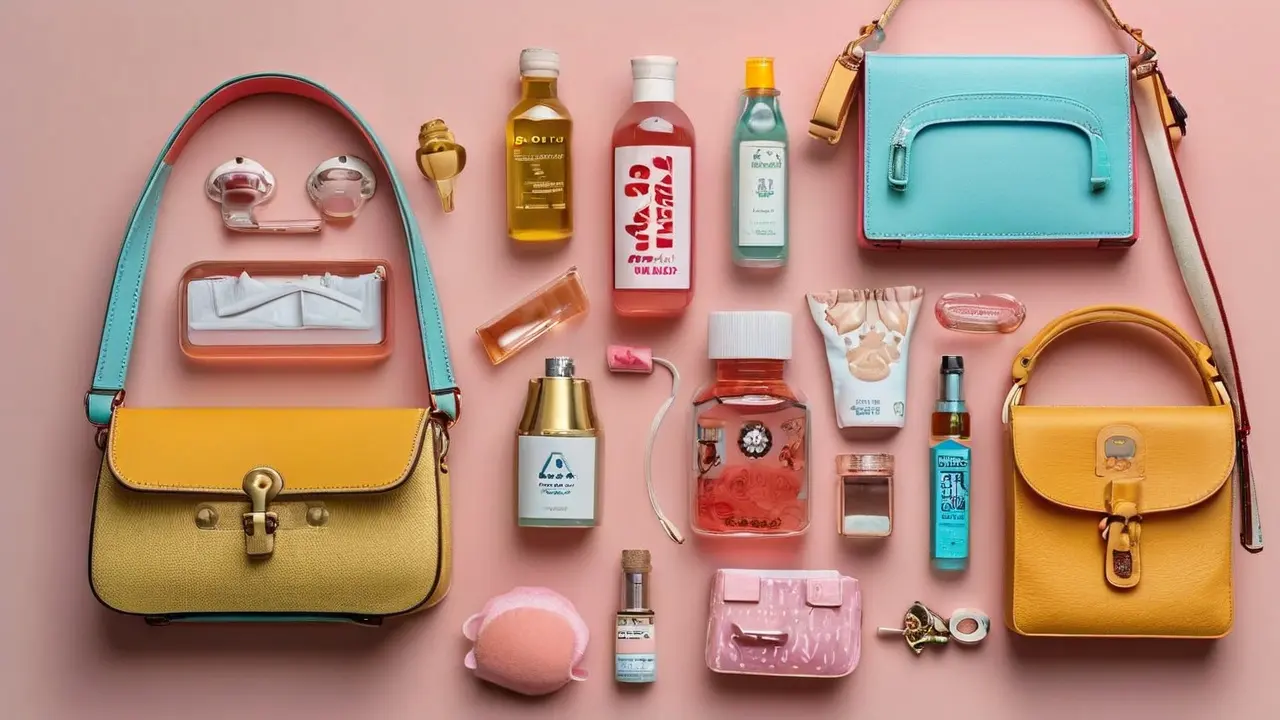
There was a time when the very idea of owning a handbag seemed laughable to me. My sisters, friends, and cousins had all embraced the tiny 'thermometer' bags—those slender, armpit-hugging accessories that Liana Satenstein so accurately described as the perfect size to fit between a can of hairspray and a landline phone. But me? I viewed handbags as unnecessary baggage, literal and figurative.
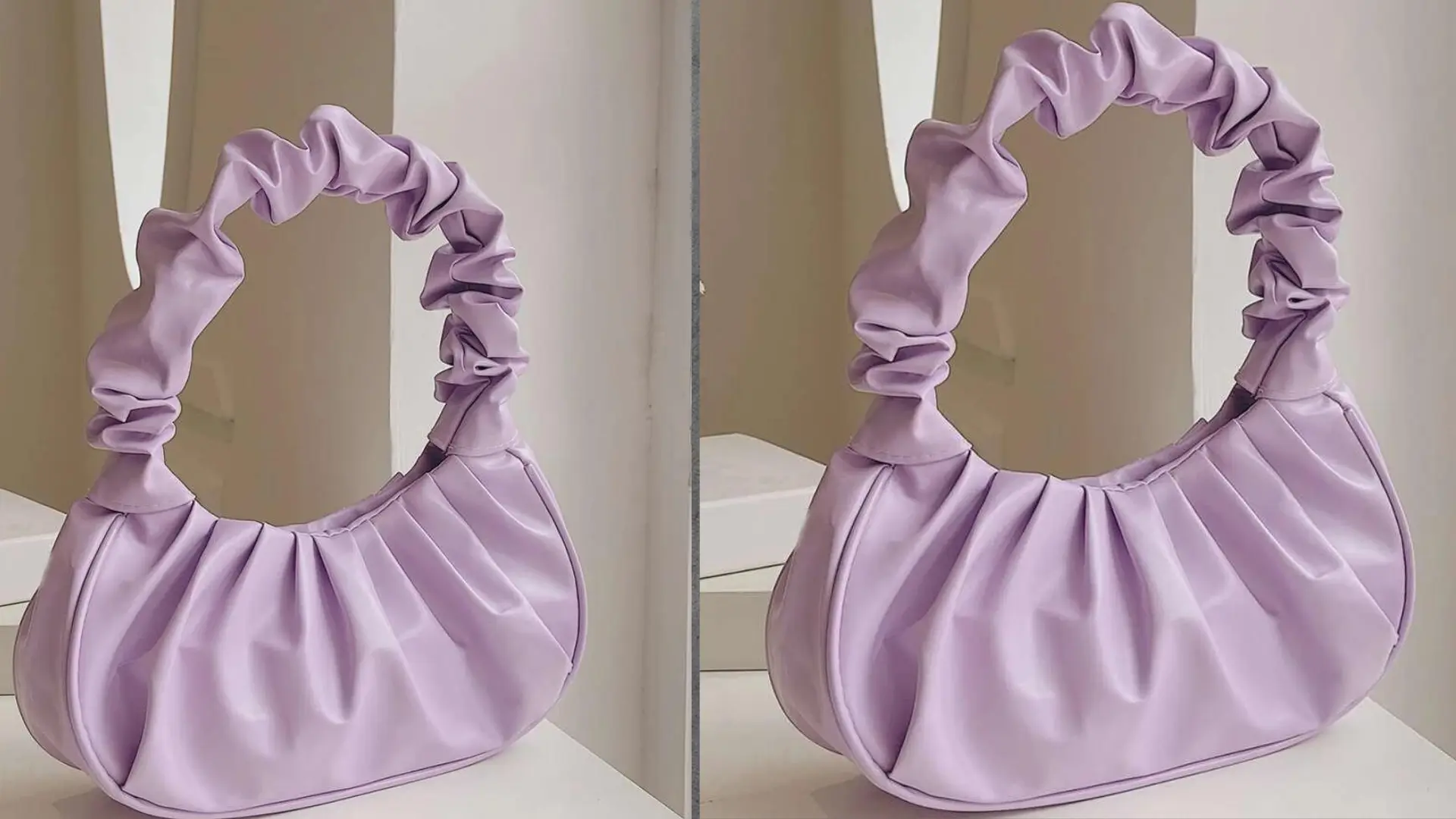
As a teenager, I could not fathom the point of these fashion statements. Why would anyone voluntarily choose to strap an extra weight to their shoulder, a constant companion that demanded attention? Where others saw chic convenience, I saw a burden. Everything I needed—my phone, lip balm, handkerchief, and a bit of cash—fit snugly in my pockets or hands. Handbags? I had no use for them. Or so I thought.
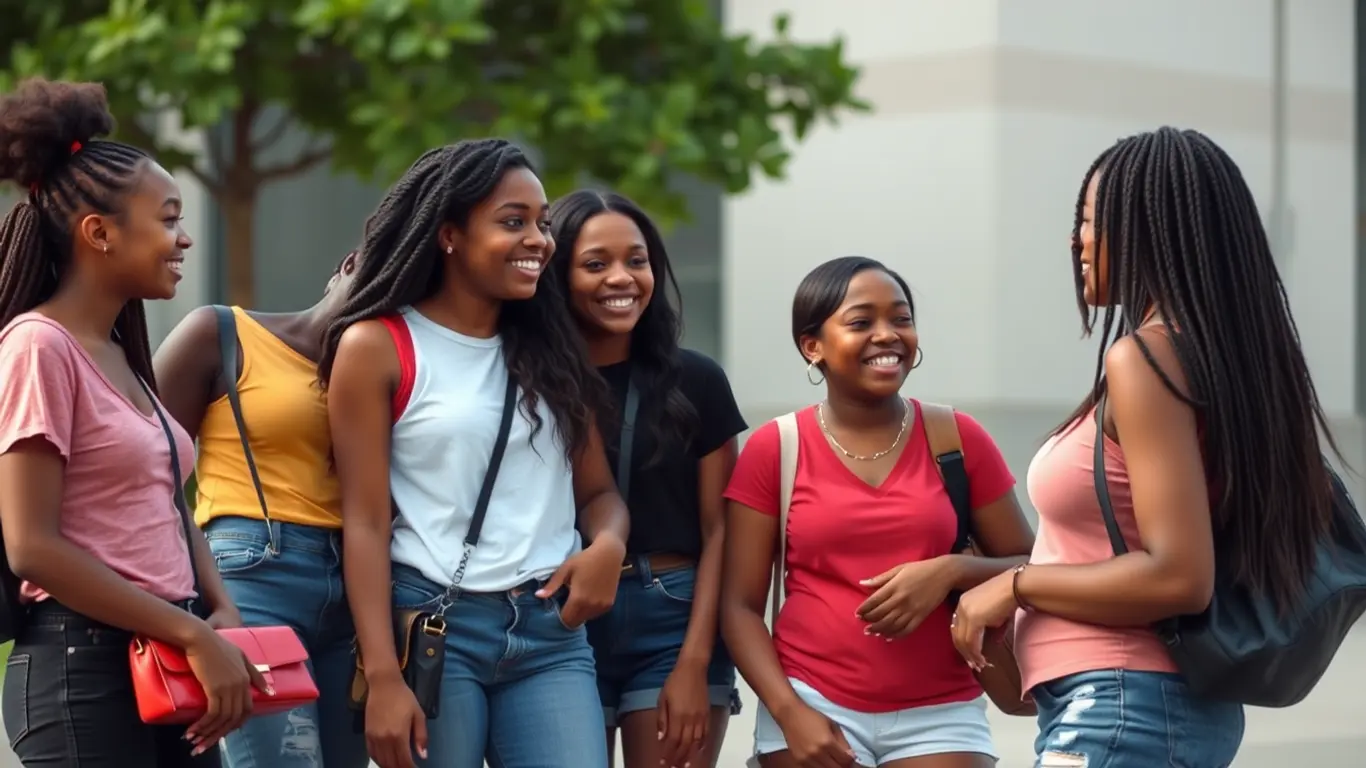
Everything changed one fateful day during a holiday from our usual Vacation Bible School (VBS).
Our Church’s teen teachers announced that we would have a lunch outing. The
twist? All girls were required to carry a handbag and the boys had to bring a
wallet. Panic set in. Me, the girl who had successfully dodged handbag
ownership for thirteen years was suddenly expected to show up with one. I had
no choice but to borrow my older sister’s ‘thermometer’ bag—a one-day loan that
felt like a betrayal of my anti-handbag stance.
That morning was crisp with a touch of sun, the bus window cool against my face. I clutched the borrowed handbag on my lap, its presence both unfamiliar and annoying. But my on and off boyfriend Jayden—yes, the boy who had my heart spinning in loops—would be there. Nothing could keep me from that lunch date, not even the enemy perched on my lap.
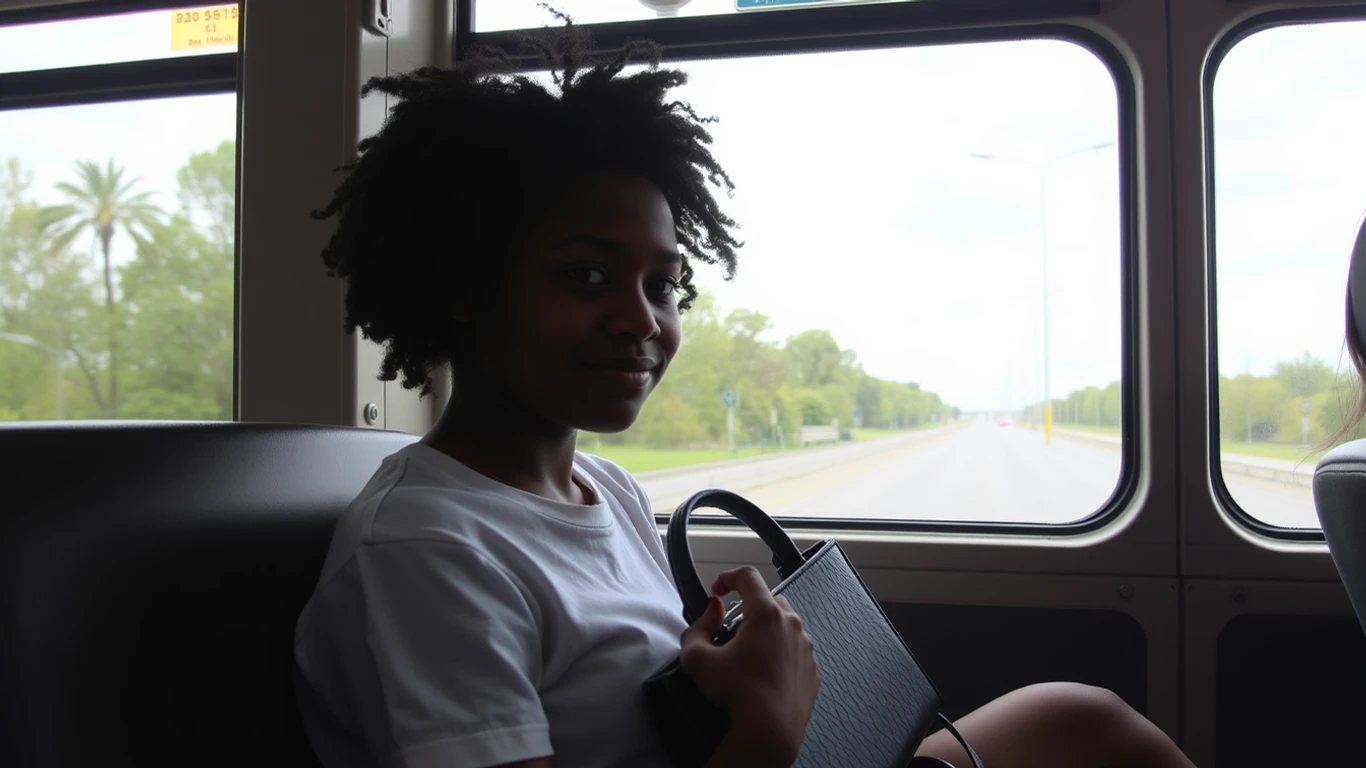
The bus ride was typical of our church outings—Gospel music
blaring from the driver's speakers and off-key harmonies filling the air. The
boys, naturally, had claimed the back seats, their noisy banter punctuated by
bursts of laughter. And then, there he was—Jayden—slipping into the seat
directly behind me, setting off a flutter of nerves I tried desperately to
conceal.
Our destination was Mamba Village, where we wandered through crocodile exhibits, shared lunch, and then, as if in some ancient rite of passage, the girls were separated from the boys.

Teacher Gladys and Teacher Judy gathered us in a circle on the grass, their expressions serious but kind.
“Ladies,” Gladys began, “you’re all wondering why we asked
you to carry handbags today.”
I sat up, curious despite myself.
“You’re transitioning into women, and as a lady, it’s
important to know what you need in your handbag.”
Her words caught my attention, but my gaze drifted to the
nearly empty ‘thermometer’ in my lap. What could I possibly have to show? A handkerchief?
Lip balm? Pathetic.
“Go ahead and empty them,” Judy urged with a smile.
My heart sank. Reluctantly, I opened my handbag, its meager
contents spilling onto the grass—a handkerchief, a packet of tissues, mobile
phone, and a lone lip balm. I watched as the other girls nervously revealed
their own stash. Some had more than I did; others barely had anything at all!
Then, both Gladys and Judy opened their own bags and it was as if they were magicians, pulling out objects I had never considered. Tiny bottles of hand sanitizer, wet wipes, pocket tissues, a comb, lotion, deodorant, and more—all the essentials that a woman carries to stay prepared for life’s little messes.
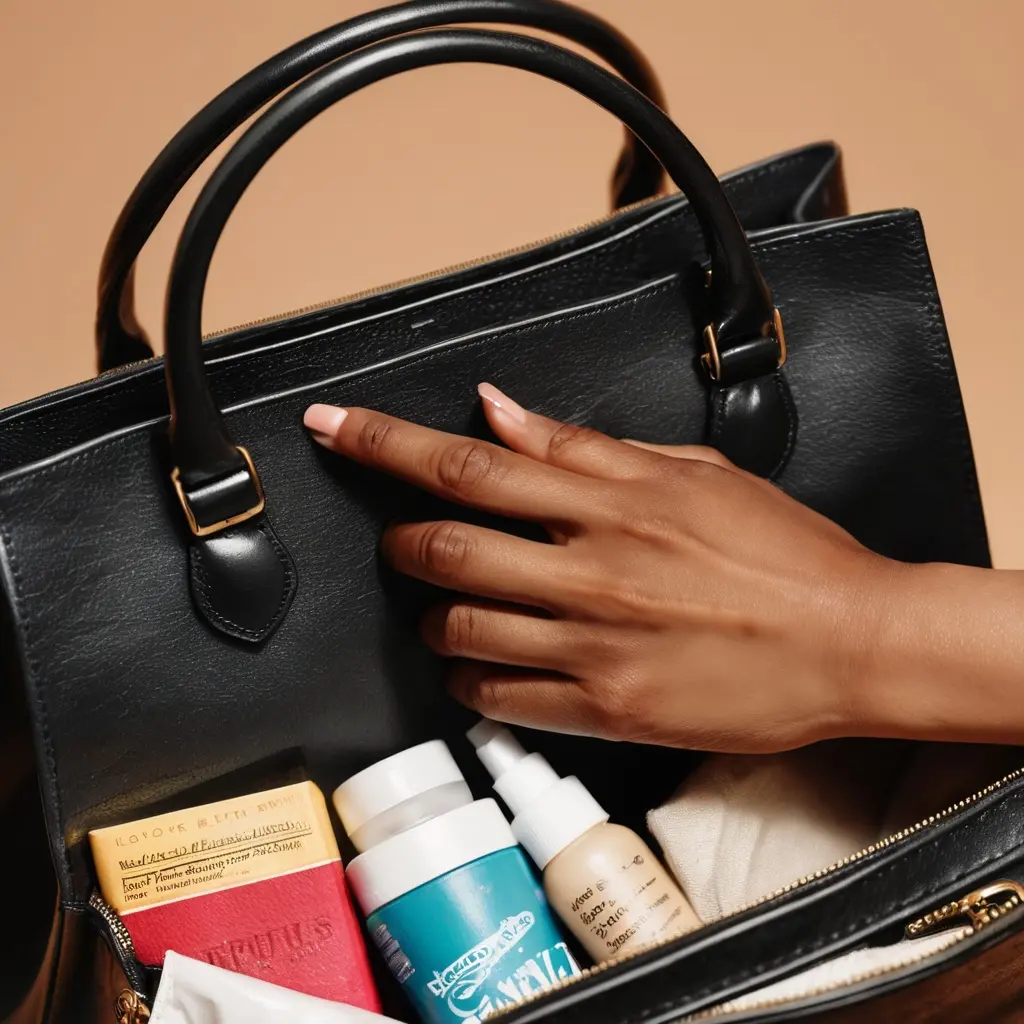
“Ladies,” Gladys explained, “you carry a handbag not just
because it’s fashionable, but because it holds what you need to take care of
yourself.”
A soft hum of understanding swept through our circle. I had
not known that a woman’s purse was a treasure trove of practical solutions.
Suddenly, I felt as if I had been missing out on something vital.
They taught us the importance of carrying essentials like a comb to keep our hair tidy, especially for those without braids. A small tub of lotion to prevent dry skin after washing hands, and a miniature bottle of deodorant for freshness throughout the day. A pen and a small notebook because a woman never knows when she might need to jot something down—whether it’s a phone number, a quick thought, or even a shopping list. And, of course, our mobile phones, for both communication and emergencies, though some of us still carried our parents' numbers on scraps of paper in case we needed help.
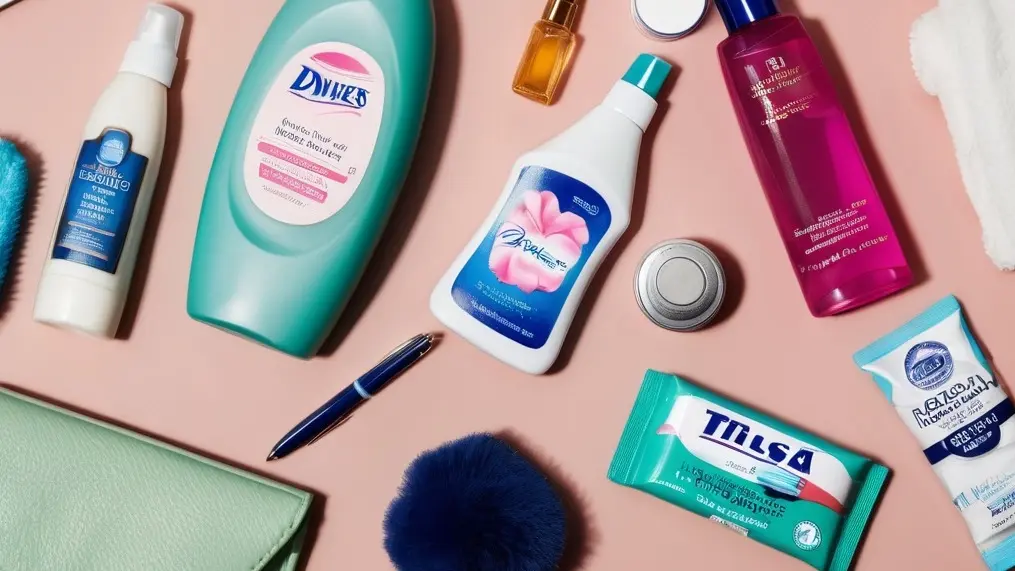
Then came the most valuable lesson: Money. It did not matter
if it was a little or a lot—Gladys made it clear that a woman should always
have her own money.
"Carrying your own money gives you freedom," she
said, her words resonating deeply.
Freedom to grab a snack, buy something unexpected, or cover
an emergency. There was power in having control over your finances, no matter
how small the amount.
There were lessons on hygiene—how to wash our hands before
and after using the restroom, and the necessity of carrying sanitary pads, even
if aunt flo had not yet visited that month.
"Always be prepared," they stressed. Whether it
was for yourself or a friend in need, having a pad tucked away was not just
smart—it was kind.
The session went on and as they spoke something shifted in
me. What I had once viewed as baggage now appeared to be a toolkit—a means of
arming myself for the unpredictable realities of womanhood. A purse was not just
a burden; it was empowerment.
At the end of the session, they gave us each a pack of pocket tissues as a small reminder. And so began my gradual love affair with handbags. No longer just an accessory, they became an extension of me, filled with the items that prepared me for the world.

To this day, I do not know what the boys learned in their session.
They refused to tell us but one certain thing was to always strive to have
money in the wallets they carried. I have lost count of how many handbags I now
own, each of them stocked with the essentials I learned to carry that Saturday
at Mamba Village. It is funny how a simple handbag, once a nuisance,
transformed into a symbol of adulthood, of preparedness, of womanhood itself.
That day, I learned that what’s in my purse is not just
stuff—it is a reflection of who I am, where I have been, and the woman I was
becoming.


